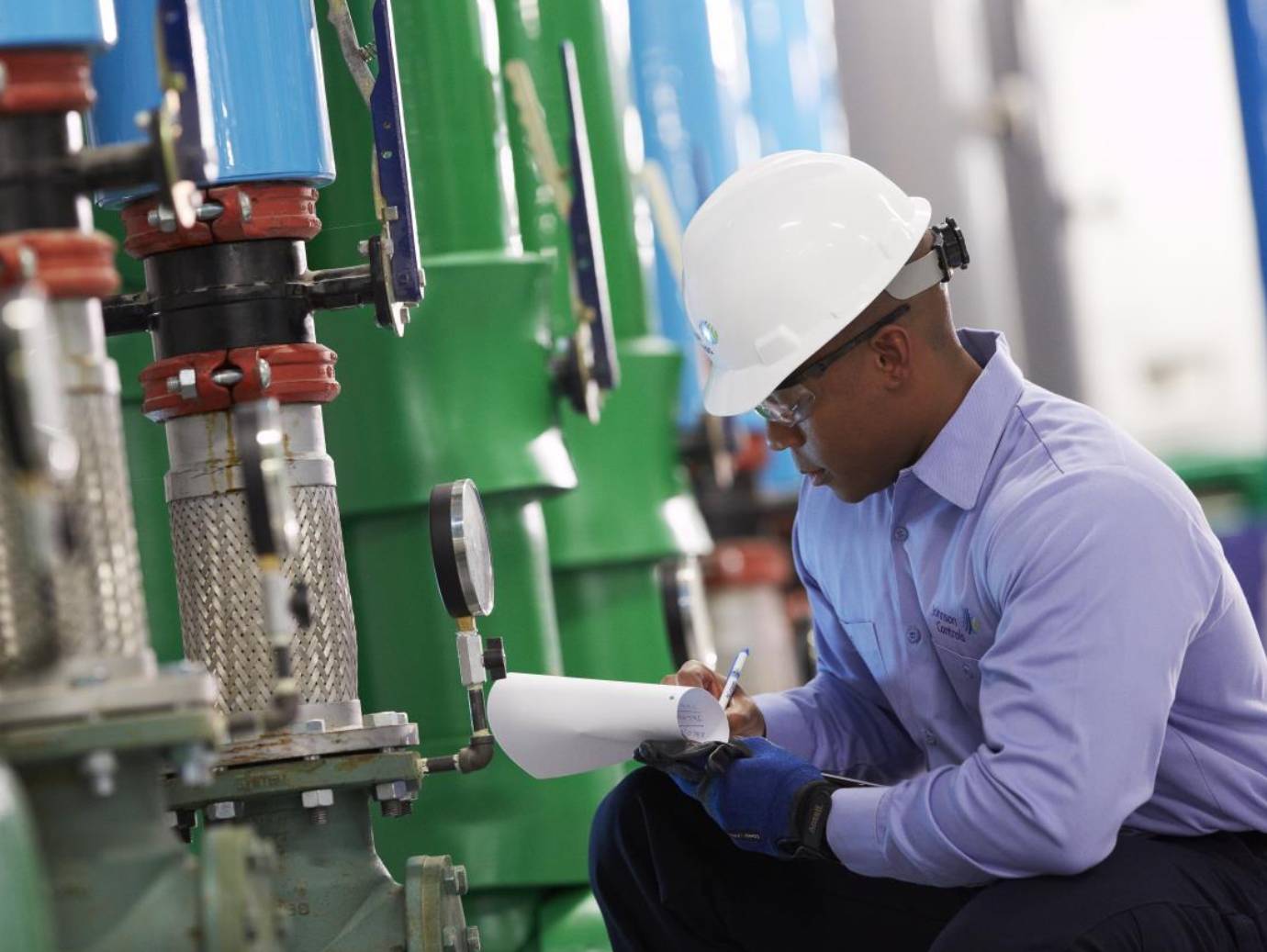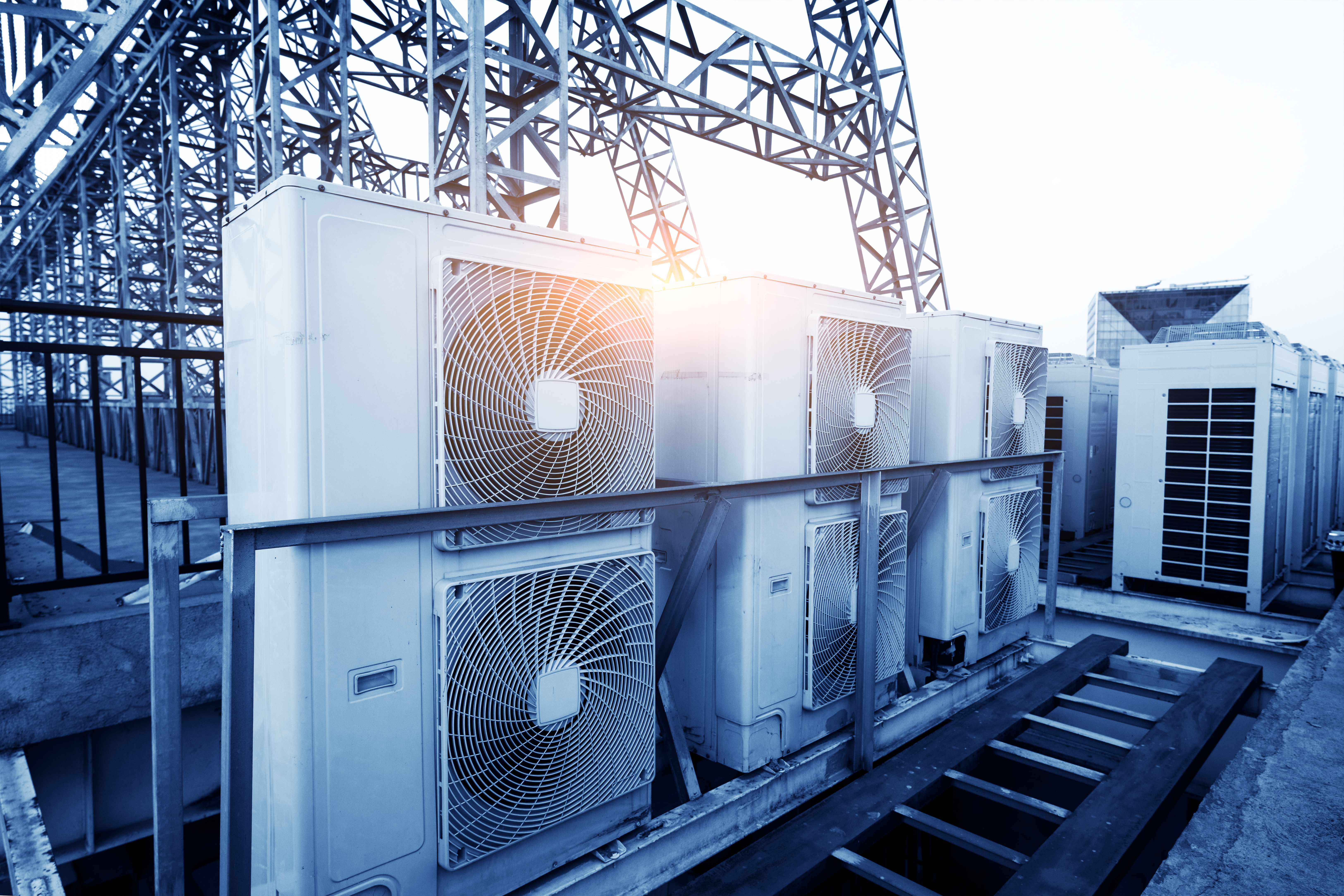Trusted Air Conditioning Contractor for Your Air Conditioning Needs
Wiki Article
A Comprehensive Consider Heating And Cooling Solutions and Their Effect on Power Performance and Price Financial Savings
With technical developments like clever thermostats and high-efficiency parts, the possibility for maximizing system performance is substantial. As we check out the complex connection in between HVAC systems and functional expenses, consisting of the change towards ecologically friendly choices, the inquiry occurs: just how can these approaches be properly implemented to maximize both eco-friendly and economic advantages?
Importance of HVAC Equipments
HVAC systems are a vital component of modern structures, playing an important duty in preserving comfy and healthy and balanced indoor environments. These systems, including home heating, ventilation, and air conditioning, are important for managing temperature, moisture, and air top quality, thus ensuring the well-being of residents. Effective HVAC systems add substantially to creating an ideal indoor environment, which is important for both business and domestic spaces.In business buildings, cooling and heating systems are integral to giving a efficient and risk-free atmosphere. By managing interior climate problems, these systems assist protect against the development of mold and the spread of air-borne pollutants, thus securing the health of staff members and customers. Additionally, in property settings, cooling and heating systems improve living problems by providing regular thermal comfort and boosting interior air quality, which is essential for overall wellness.
In addition, the style and upkeep of a/c systems have a direct influence on energy consumption and functional costs. Properly made and maintained systems can significantly decrease energy usage, bring about lowered utility expenses and a smaller sized carbon footprint. The performance of these systems therefore plays a vital duty in advertising sustainability and power preservation within structures, highlighting their value in the modern-day building landscape.
Advances in Heating And Cooling Innovation
Innovation in a/c modern technology is changing the method structures manage interior environments, ushering in a new age of performance and control. Current advancements have concentrated on enhancing power usage while improving customer comfort. One remarkable advancement is the integration of clever thermostats, which utilize artificial knowledge to discover occupancy patterns and readjust temperature levels as necessary, minimizing unnecessary power usage.Variable Refrigerant Flow (VRF) systems represent another considerable jump onward. These systems permit precise temperature level control in various areas of a structure, improving comfort and minimizing energy waste. VRF technology is specifically valuable for big industrial spaces, supplying flexibility and scalability.
Additionally, the introduction of Internet of Things (IoT) tools has changed cooling and heating systems right into interconnected networks qualified of real-time information collection and analysis. This connectivity makes it possible for anticipating upkeep, making certain systems operate at peak efficiency and decreasing unforeseen downtime.
In addition, innovations in materials and design, such as using high-efficiency coils and compressors, have actually boosted total system performance - Heating Contractor. The fostering of ecologically friendly refrigerants likewise emphasizes the market's dedication to sustainability
These technological advancements are essential in minimizing functional prices and environmental impact, setting brand-new standards for developing environment management.
Cooling And Heating Maintenance and Effectiveness
Ensuring optimal performance of a/c systems extends beyond technological advancements; it additionally depends upon reliable upkeep techniques. Routine maintenance is essential for maintaining efficiency, minimizing power usage, and extending the lifetime of HVAC systems. The key objective is to guarantee that all elements work at their peak possibility, therefore reducing power wastefulness and maintaining consistent interior convenience levels.Routine maintenance jobs, such as cleansing or replacing air filters, inspecting cooling agent levels, and evaluating ductwork for leaks, are necessary for stopping unnecessary stress on the system. Unclean or clogged up filters can obstruct air flow, creating the system to work more challenging and eat more energy. Likewise, inadequate cooling agent degrees can reduce cooling down performance, bring about higher functional expenses.
Furthermore, regular evaluations by qualified professionals can determine potential problems prior to they intensify right into find more costly repairs or system failings. These evaluations typically consist of inspecting electrical links, adjusting thermostats, and making certain the overall stability of the cooling and heating system. By addressing minor problems early, organizations and home owners can stay clear of unforeseen malfunctions and boost power efficiency.
Cost-Effective HVAC Solutions
For those wanting to get the most out of their air, heating, and ventilation conditioning systems without breaking the financial institution, exploring economical HVAC options can make a substantial difference. One prompt step is to invest in programmable thermostats, which enable straight from the source customers to establish details temperatures for different times of the day, enhancing power usage and decreasing unneeded intake. By automating temperature level adjustments, property owners can achieve considerable savings on energy expenses.Routine maintenance is another vital element of cost-efficient HVAC monitoring. Ensuring that filters are cleaned or replaced consistently, ductwork is sealed, and systems are serviced by experts can avoid pricey repairs and improve system durability. Preventative upkeep not only maintains system effectiveness however also helps in avoiding unanticipated malfunctions that can bring about expensive emergency situation repairs.
In addition, retrofitting existing systems with energy-efficient elements, such as variable speed electric motors or high-efficiency compressors, can be a prudent investment. These upgrades improve functional efficiency, minimize power use, and can commonly be applied at a portion of the price of a full system replacement.
Ecological Influence Decrease
Reducing the ecological effect of Heating and cooling systems is critical in today's search of lasting living. HVAC systems are substantial contributors to energy intake, accounting for nearly 40% of power usage in business buildings.
Technological innovations in a/c layout and operation, consisting of the assimilation of clever thermostats and energy-efficient warm pumps, are crucial in lowering carbon footprints. These technologies allow for maximized power usage, minimizing waste and improving overall system performance. Additionally, embracing routine upkeep practices makes certain heating and cooling systems run at peak performance, additional reducing unnecessary energy intake.
In addition, making use of eco-friendly cooling agents is essential, as typical cooling agents, like CFCs and HCFCs, have actually been phased out as a result of their ozone-depleting homes. Modern options, such as hydrofluoroolefins (HFOs), deal minimized environmental risks, lining up with international ecological read this article methods. By accepting these lasting methods, a/c services can play a transformative role in reducing ecological effects, advertising energy efficiency, and promoting an extra sustainable future.
Conclusion

Moreover, the layout and upkeep of A/c systems have a direct impact on energy intake and functional prices. Routine maintenance is vital for maintaining performance, minimizing energy consumption, and extending the life period of Cooling and heating systems. Heating and cooling systems are significant contributors to power intake, accounting for almost 40% of power use in industrial structures. Furthermore, taking on regular upkeep techniques ensures Heating and cooling systems operate at peak efficiency, further curtailing unneeded power intake.
The shift to eco pleasant HVAC systems even more advertises and minimizes operational costs sustainability. (Heating Contractor)
Report this wiki page